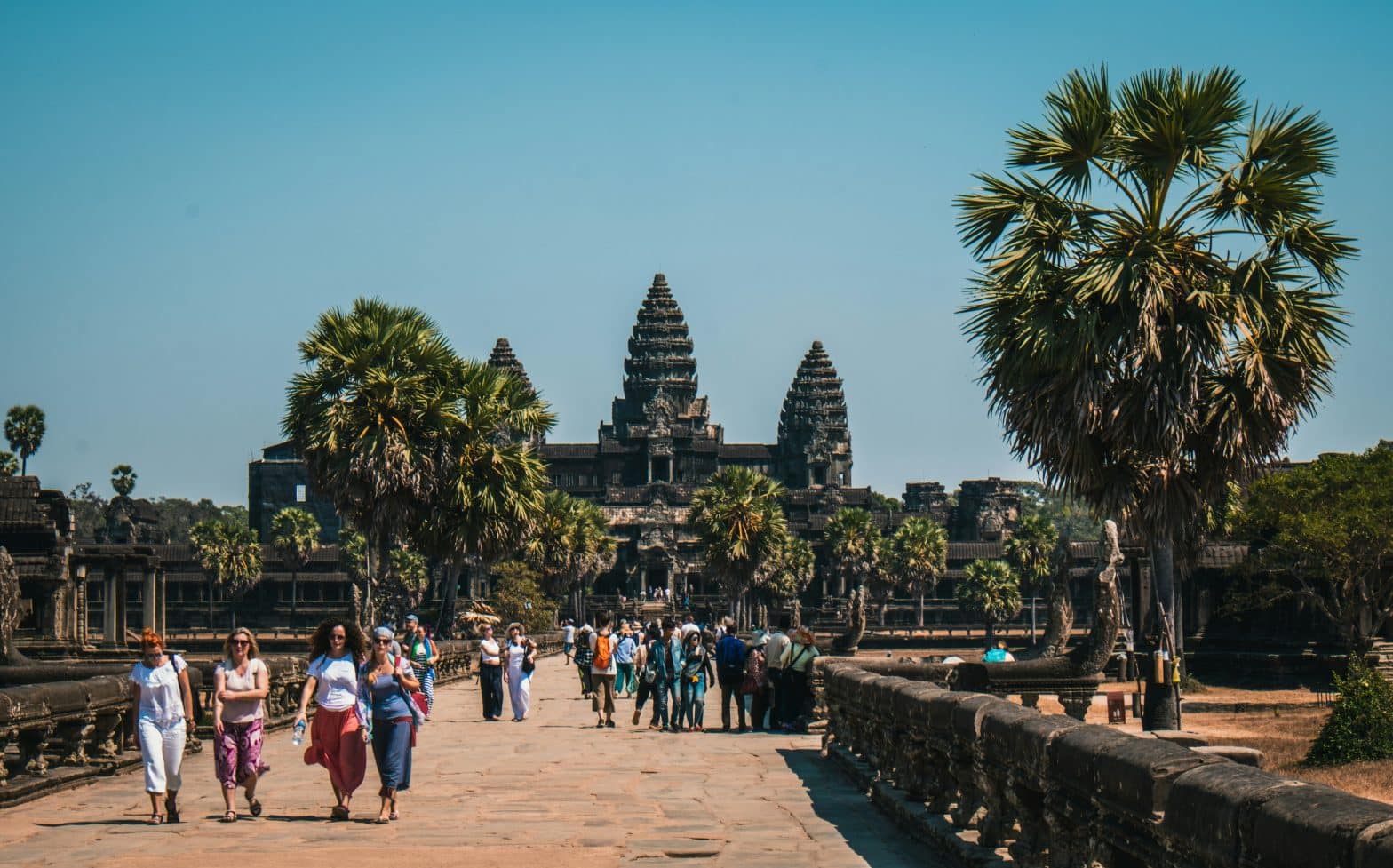A relatively unknown country in Asia, Cambodia is a destination of choice for expats. From its varied landscapes, shaped by the Mekong River, to its welcoming population, there are many reasons for travellers to fall under Cambodia’s spell. Are you thinking of moving there? From cost of living, visa, things to do … in this guide, Foyer Global Health provides you with everything you need to know to make your move to Cambodia a success.
Moving to Cambodia: the pros and cons
Pros of moving to Cambodia
- One of the lowest costs of living in Asia
- Low-cost entertainment and leisure activities (bars, restaurants, karaoke, etc.)
- A unique and accessible living environment
- A young and active population
- An easily accessible visa for long-term stays
- A property market with a lot of offers
Cons of moving to Cambodia
- Difficulty communicating if you don’t speak the official language (Khmer) or English
- Poor medical facilities as soon as you leave the city centre
- Cambodia is a long way from Europe (at least 16 hours’ flight time from Central Europe)
Which visa do I need to live in Cambodia?
The visa application process is relatively simple in Cambodia. The following visas are available:
- Tourist visa (T): issued for a maximum stay of 30 days, with the possibility of an extension for a further 30 days;
- Business/work visa (E): allows you to stay in the country for up to 1 year (renewable).
There is also a retirement visa (ER) for pensioners over the age of 55 who can support themselves without working, and an ES visa for students.
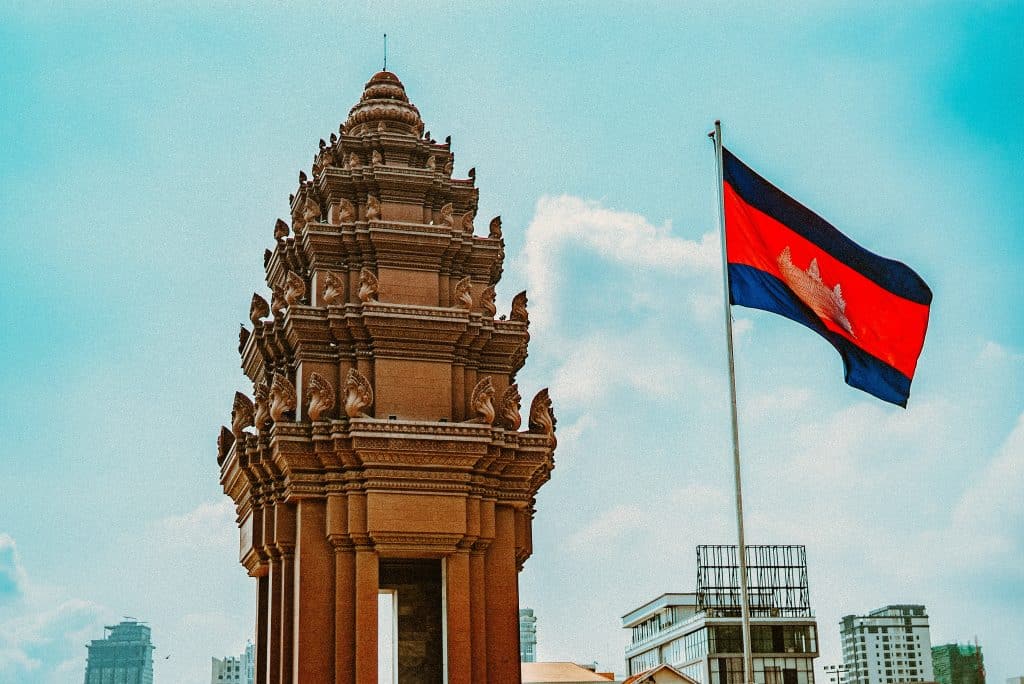
Visa processing generally takes 3 working days. You can apply:
- Online, to obtain an e-visa by filling in a form on the following official website: www.arrival.gov.kh
- At the Embassy of Cambodia in the country in which you are located.
- Directly at the airport upon arrival in Cambodia. However, this only applies to the T visa.
The e-Arrival Card, introduced on 1 September 2021, is a digital entry declaration that facilitates your administrative procedures. You can fill it in online before your arrival.
Accommodation in Cambodia
Where is the best place to live in Cambodia?
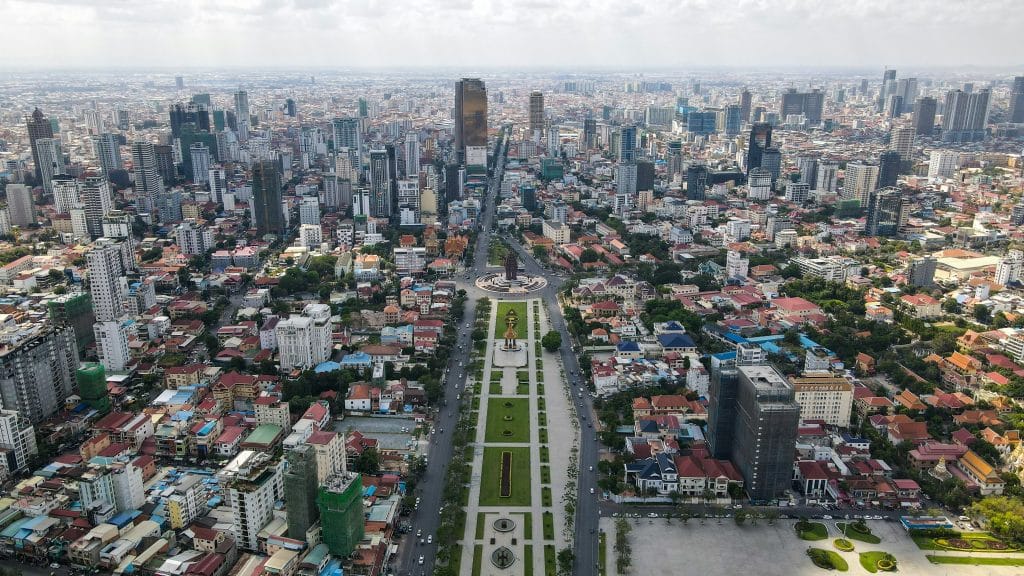
In Cambodia, the city for expats is undoubtedly Phnom Penh. The capital is the country’s economic and dynamic centre, with numerous professional opportunities and countless leisure activities.
Another city that is increasingly popular with expats is Siem Reap. A holiday resort, it is known for its warm, colourful and lively atmosphere, with a traditional feel, and its safety.
Finally, some expats choose to settle in Sihanoukville to enjoy … a beach life! However, job opportunities in this port city are quite rare.
How much should you budget for accommodation?
Most english-speaking expats choose to live in Phnom Penh or its suburbs, in neighbourhoods such as Boeung Keng Kang, Tonle Bassac, Riverside or Prampi Makara. Expats can choose from several types of accommodation: apartments, houses or studios.
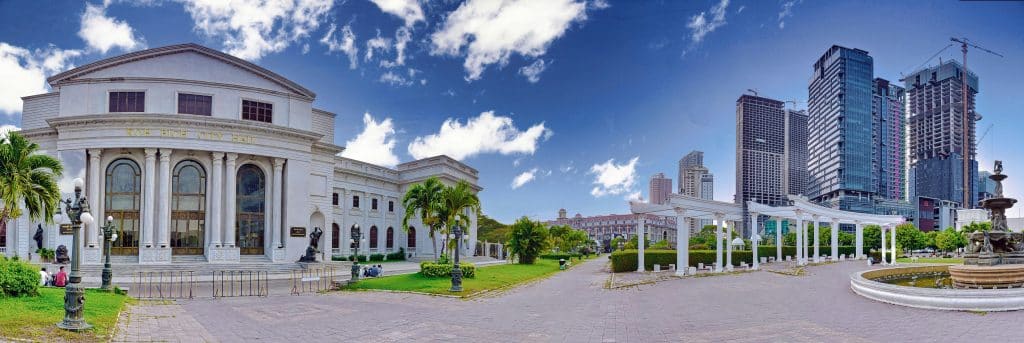
To rent an apartment in the centre of Phnom Penh, you should reckon on an average of between 475 and 1,420 euros, depending on the size. You can also opt to buy, as foreigners are perfectly entitled to purchase property in the country. The price per square metre in the capital is 1,945 euros in the city centre.
The cost of living in Cambodia
The cost of living in Cambodia is considered to be one of the lowest in Asia. To give you an idea, as an expat you should budget 800 euros per month, while a family should budget an average of 2,600 euros. This includes groceries, rent, healthcare costs, transportation and leisure activities.
Cost of living in Cambodia vs. Europe
Compared to e.g. France, the cost of living in Cambodia is around 40% lower. All items of expenditure are more affordable, but one important factor should be emphasised: Cambodian purchasing power is 75% lower than in France. The average salary in Cambodia is 300 euros, a much lower amount than in France (2,300 euros) although it is consistent with the country’s low cost of living.
Getting around in Cambodia
Trains, buses, taxis and tuk-tuks make up the majority of the country’s public transport network. There are some apps to make your journeys easier, in particular the Grab app for booking a taxi.
Expats can also opt to use their own vehicle, as a European licence can be converted into a Cambodian licence. However, it is important to emphasise that the rules of the road are not always respected by the locals, so you need to remain vigilant.
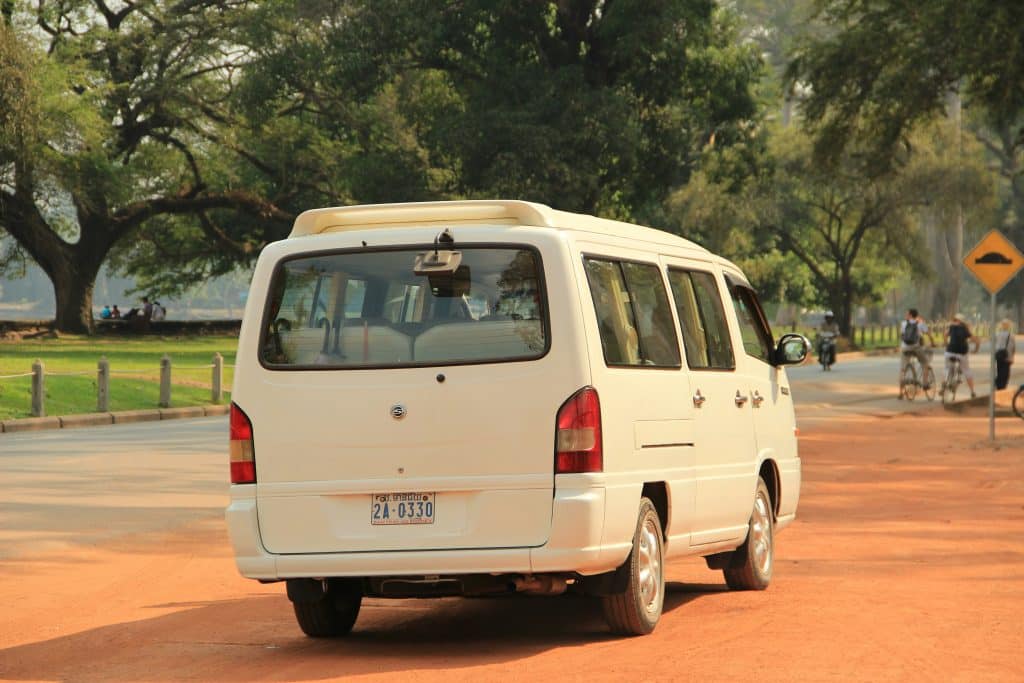
Working in Cambodia: what you need to know
The conditions for working in Cambodia as an expat
An E visa is not enough to work in Cambodia. Each expatriate must also hold a work permit and provide the necessary paperwork to his or her employer for administrative purposes.
The permit is valid for one year and must be renewed each year of activity. It costs between 190 and 385 euros.
What kind of work should you prioritise?
The jobs available to expatriates are often managerial positions in high-growth sectors:
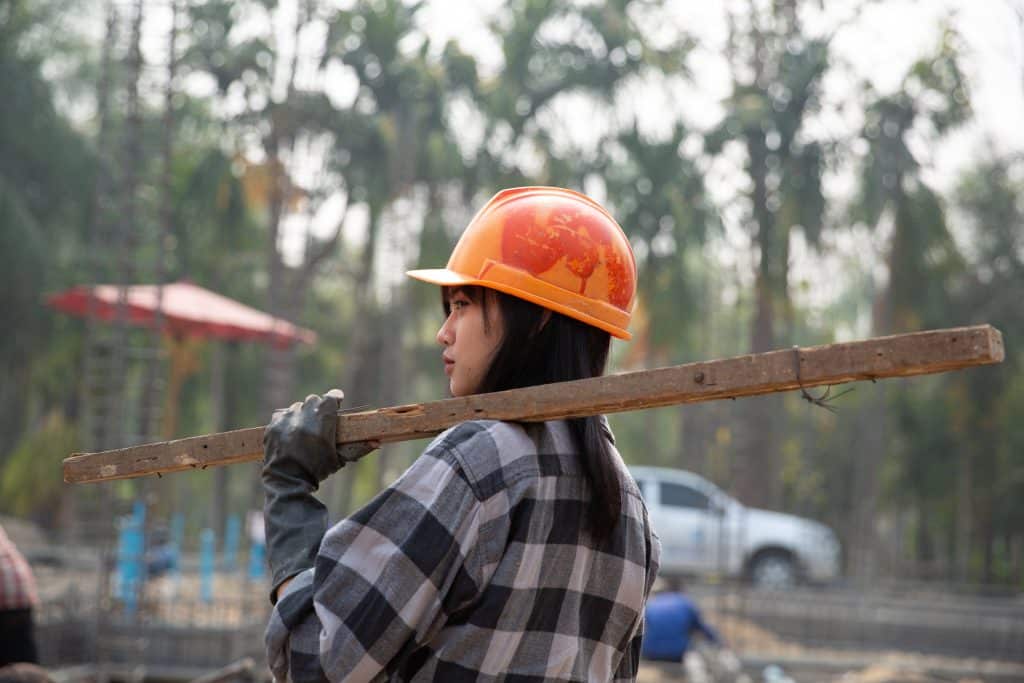
- Tourism
- Transport
- Communication
- Public works
- Teaching (particularly English)
These jobs, although still relatively few in number, generally offer salaries above the national average, up to 1,400 euros.
The best option for expats is to work in an international company, or to be a digital nomad. Their salary then allows them to benefit from the low cost of living, with high purchasing power.
The Cambodian healthcare system
Despite regular reforms to improve it, the Cambodian healthcare system remains fairly limited. Only 30% of the population has health insurance cover, public hospitals are overcrowded and the quality of healthcare facilities, even private ones, deteriorates the further you get away from the big cities.
To benefit from quality care, some foreigners even choose to travel to neighbouring countries (Thailand, Singapore, etc.) or to take advantage of their return to their country of origin.
Which insurance to choose?
Expats often opt for international private health insurance. Such insurance gives them access to quality healthcare in private facilities, as well as access to care without delay.
It is also valid all over the world, providing protection in Cambodia and elsewhere. In the event of a serious problem, international private insurance covers emergency repatriation costs.
Protect yourself in Cambodia as an expat with Foyer Global Health
For nearly 10 years, Foyer Global Health has been committed to providing health insurance for expatriates. We know the importance of international health insurance and the peace of mind it offers expatriates and their families, especially in countries with limited healthcare systems.
Enjoy your expatriation in Cambodia with complete peace of mind with our personalised insurance to suit your needs.
Schooling for your children in Cambodia
The Cambodian education system consists of a pre-school, primary, secondary and higher education cycle. Private schools often provide bilingual education.
As an expat, you can choose to send your children to international schools, such as the CIA FIRST International School in Phnom Penh.
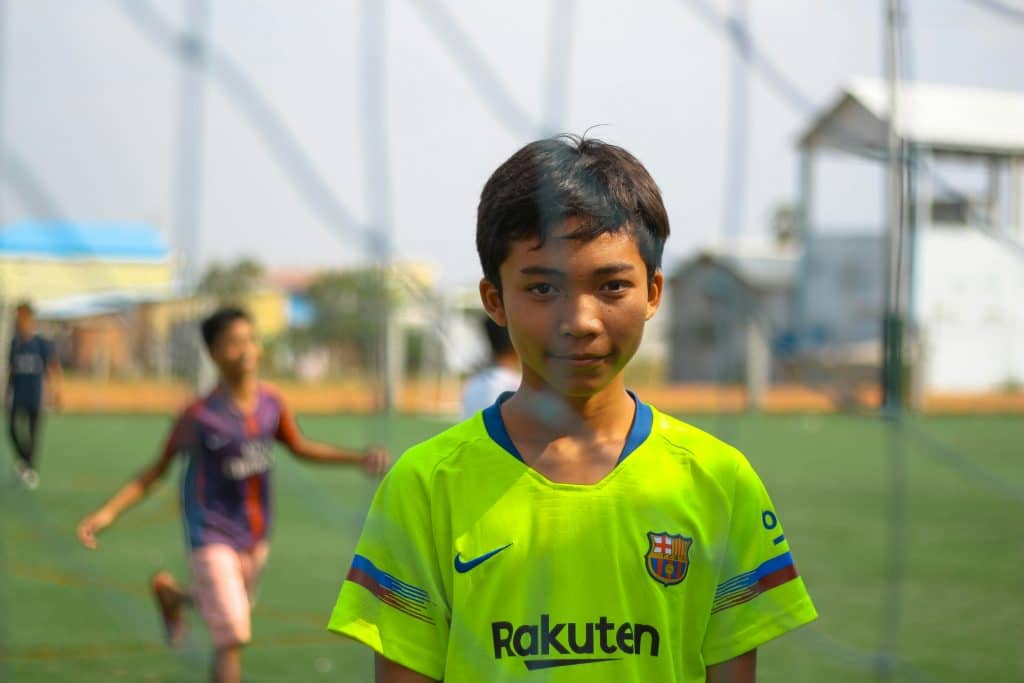
Not to be missed in Cambodia
- Visit the local Cambodian markets, such as the Central Market in Phnom Penh
- Discover the country’s countless national parks (Botum Sakor, Kep, Phnom Kulen, Kirirom, etc.)
- Visit the floating villages of Tonlé Sap Lake
- Try to catch a glimpse of Mekong dolphins at the Kampi Observatory
- Go to a restaurant to sample the many local dishes, including amok, beef lok lak and kdam chaa (spicy stir-fried crab!)
